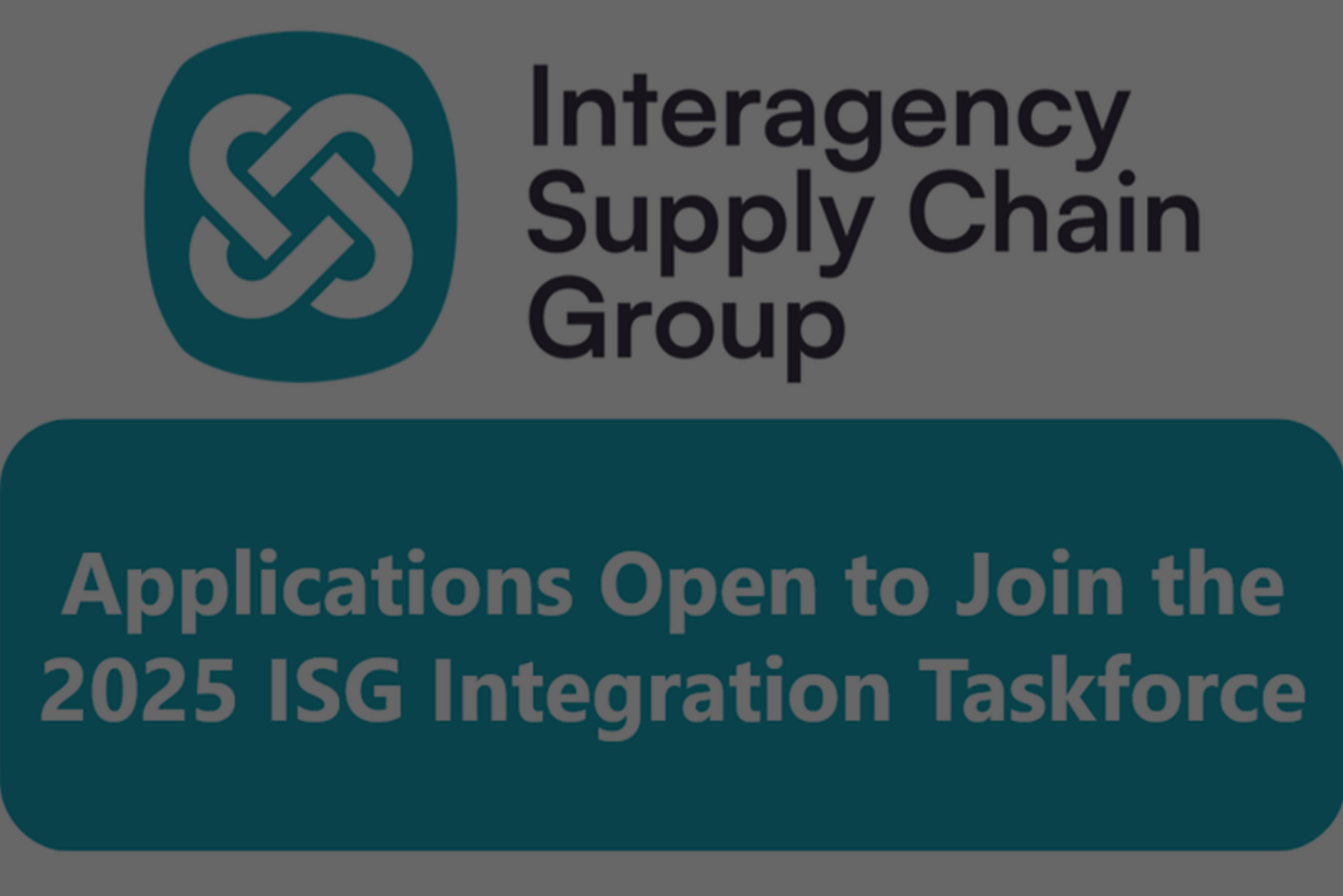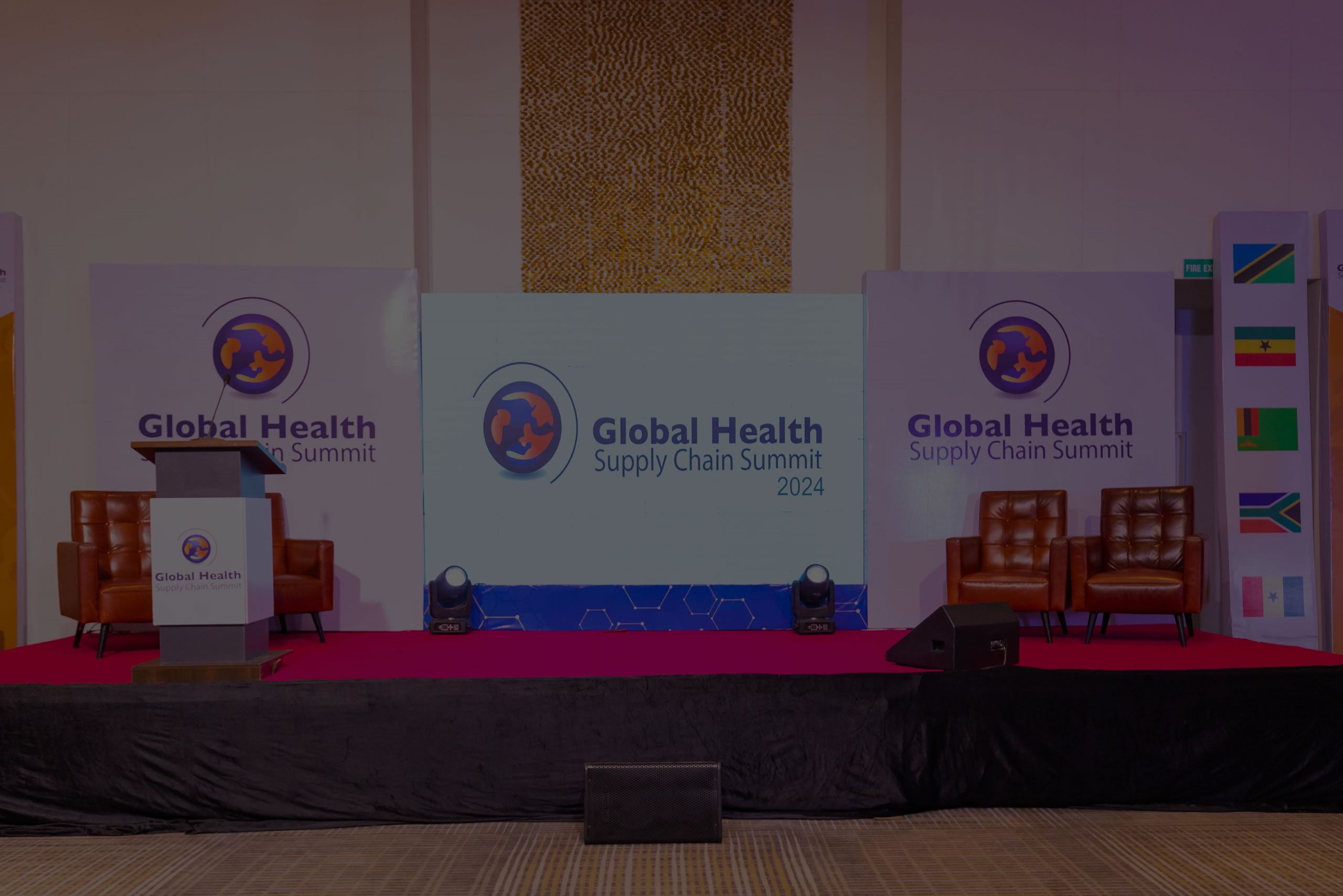Courtesy of UNICEF Guinea
We spoke to Jens Grimm, Regional Chief of Supply in UNICEF’s West and Central Africa regional office about the country-level challenges his organisation faces.
What are UNICEF’s regional office supply chain priorities and challenges for 2021?
Our long-term strategy is to engage even more in supply chain strengthening and as part of this we intend to shift from service delivery to system strengthening. This means improving supplies visibility and accountability at the last mile (once handed over to partners) and working towards the integration of nutrition supplies into the medical products distribution system.
We’re going to continue to work towards strengthening national health supply chains in areas where UNICEF has a comparative advantage, including the procurement of strategic supplies, cold chain and immunisation supply chain.
Collaboration with regional and pan-African organisations to establish resilient supply chain systems in Africa is also a priority, as is optimising UNICEF supply chains through corridor optimisation to reduce offshore procurement lead time and reduce costs.
Short-term and emergency response is a priority too and this includes securing deliveries for immunisation supplies.
Do you think collaboration with other donors/organisations is important? If so, why?
 Yes, I think it is absolutely essential. Strengthening national systems is a collaborative effort and ideally builds on each organisations’ comparative advantages, trying to minimise conflicts of agenda. If the vision is owned by national counterparts, none of the technical partners is, by definition, working in isolation and none is in the driving seat.
Yes, I think it is absolutely essential. Strengthening national systems is a collaborative effort and ideally builds on each organisations’ comparative advantages, trying to minimise conflicts of agenda. If the vision is owned by national counterparts, none of the technical partners is, by definition, working in isolation and none is in the driving seat.
It’s clear that synergies and complementarities between entities with different profiles is needed to establish sustainable supply chains to and within Africa, and that requires that government, donors, technical partners, 3PL and the private sector and research institutes all work together.
How do you coordinate regional activities with headquarters, other regions and country offices?
In the UNICEF West and Central Africa region (WCAR), the regional office plays a supporting role in guidance, compliance, risk management, technical oversight and advice. It also connects UNICEF Supply Division to all of these areas and plays the role of project lead for regional projects implemented jointly with the country offices.
Can you describe one recent notable supply chain success the UNICEF regional office has had?
We have really managed to minimise the impact of the disruption to international transport, owing to COVID-19, on immunisation programmes by securing vaccine deliveries. We’ve been working on shortage risk management (which includes monitoring stock levels in WCAR countries) and prioritising purchase orders and shipments. We’ve also had to develop creative transport solutions (such as multi-stop charter flights for vaccine delivery), which has allowed us to reach countries for which volumes didn’t justify a charter flight.
In addition we’ve improved visibility of the availability, quality and use of ready-to-use therapeutic food (RUTF) at the health facility and household levels through the development of end user monitoring for nutrition supplies.
Lastly, we’ve managed to reduce lead time and financial risks on strategic corridors by simplifying processes, for example by transferring additional responsibility to the freight forwarder.


